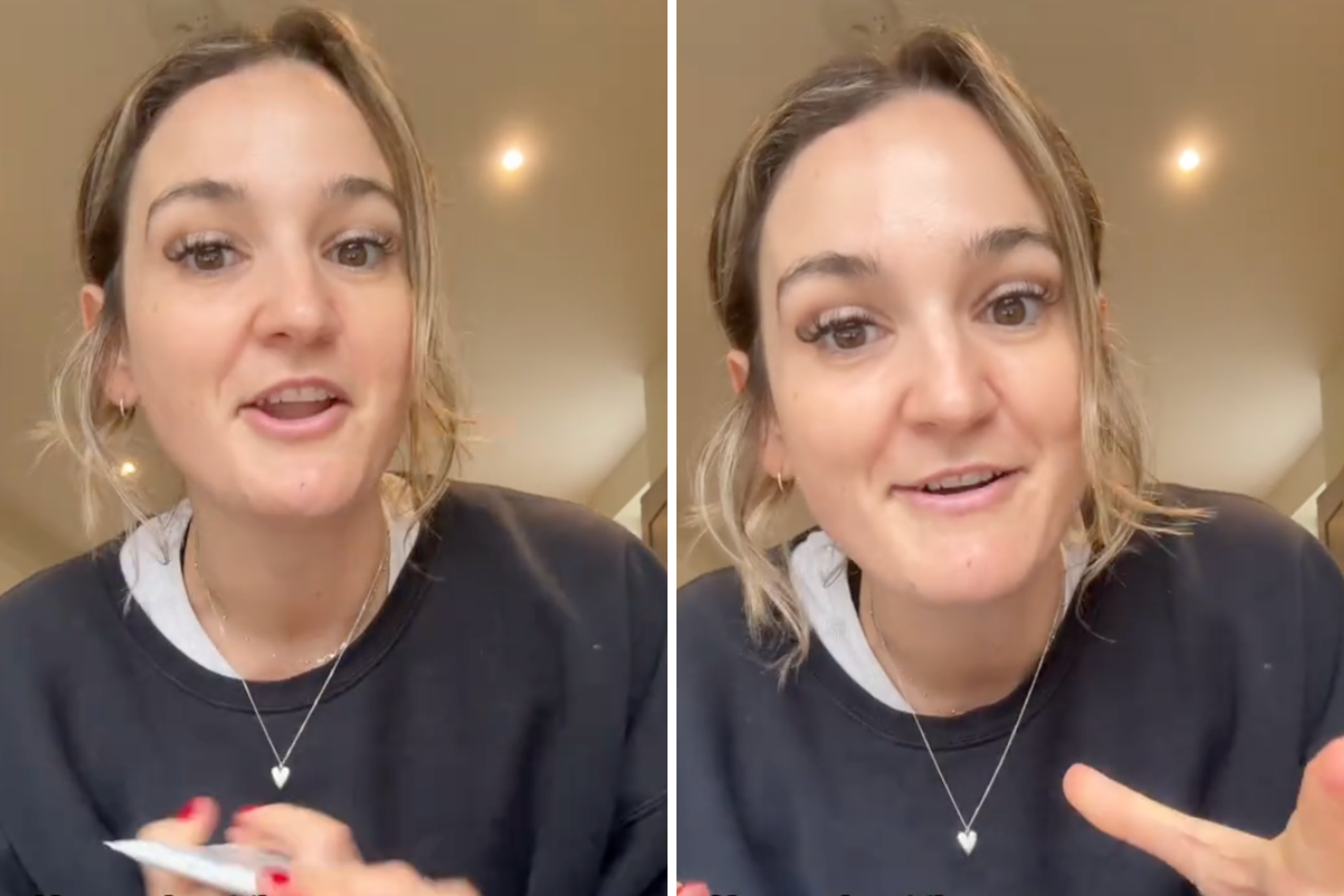
A health visitor has issued a stark warning to parents about sharing images of your children on social media, highlighting the risks of child exploitation.
Ruth Watts, a 33-year-old mother of two from England, known online as @ruthwattshv, recently shared her message through a video that resonated widely, garnering 27,000 likes and 517,000 views.
Using a hypothetical example, Watts paints a detailed picture of how easily a stranger could gather personal information about a child from online posts, sending a chill through many parents.
“I feel it’s important to advocate for children who are vulnerable and unable to consent to posting the images,” she explained to Newsweek, emphasizing that many parents and children lack awareness of online risks.
ruthwattshv/ruthwattshv
“How would people feel if I started posting pictures of them without consent? I’m sure they wouldn’t like it. So why is it ok for us to post our children?”
A health visitor is a trained nurse or midwife with additional qualifications in public health. They work within the community to support families with young children, typically from birth to age five.
In the video, Watts lists the intricate details she could deduce about a hypothetical child purely by following their online presence: full name, date of birth, family members, routines, preferences, even where they live and play.
“Can you guess how I know this child? I purely know them through watching them on social media,” she says. “Yes, a story here, a story there, an upload here, an upload there—it all creates a picture; it is a jigsaw that people notice.”
Watts urged parents to stop posting about their children entirely. “If you’re making money from your child, from using their face… on TikTok, or Instagram, that is child exploitation,” she warned.
“If you took them away from the situation and you wouldn’t make money anymore.”
To add further context, Watts shared the landmark judgment of a 27-year-old male from England, Hugh Nelson, who was given an 18-year sentence for manipulating innocent images of children using AI to create child sexual abuse imagery.
Online safety expert Yaron Litwin, chief marketing officer for the Canopy Parental Control App, highlighted how quickly online dangers have evolved.
He told Newsweek: “Parents today may have been kids in the 90s or even 80s, and aren’t necessarily aware of the dangers, both short- and long-term, that face today’s kids,” Litwin explains.
He pointed out that even an innocent photo can be misused, whether for harassment, deepfake technology, or even sextortion. “Why risk dangers like that, as well as other online threats not yet known, for the sake of sharing pictures and videos outside your circle of family and close friends?”
Social media users responded with a mix of gratitude and concern. “What about faceless photos?” one asked, wondering if side profiles or back-of-head shots were safer. Another commenter admitted: “This is so scary. I don’t show my child on TikTok but I do post a photo here and there on my personal Facebook but you’ve got me considering stopping that.”
“This is terrifying but so true – thank you for sharing,” said Ami.
One user summed up the general sentiment, saying, “Children’s safety is more important than their parents’ vanity and bragging rights.”
